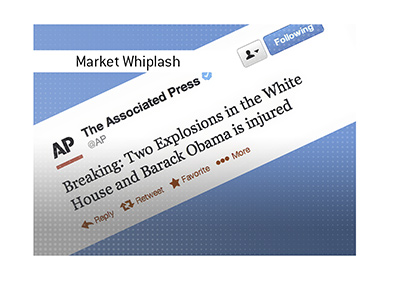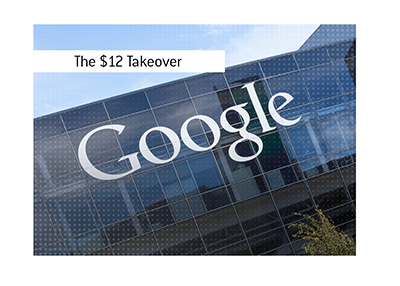Chipotle Thriving After E. Coli Outbreak Nearly Finished The Company
 It was early 2015, and Chipotle was thriving.
It was early 2015, and Chipotle was thriving. The company, which was founded in 1993 by Steve Ells, was growing rapidly through the United States.
Customers, lured by the promise of fresh ingredients, regularly lined up out the door to get their favorite style of burrito from Chipotle.
The company, which was divested from McDonald's in 2006, had seen its stock increase by roughly 10x since taking its first steps as a publicly traded company.
There is no way that Chipotle's executives could have known that they would be fighting to save the company just a few months later.
-
Chipotle's troubles started in July 2015, when five people were sickened by a strain of E.Coli.
Health officials in Seattle, Washington, traced the outbreak to a Chipotle location.
Not much was made of this story until the Oregonian reported on it in November of 2015.
As a standalone story, this didn't come to much.
-
In August of 2015, 80 customers and 18 employees were sickened after a breakout of the norovirus at a Chipotle location in Simi Valley, California.
At almost the exact same time as this norovirus outbreak, 17 Chipotle customers in Minneapolis were sickened by Salmonella, which was traced back to some contaminated tomatoes that were imported from Mexico.
In October of 2015, 22 people in Washington and Oregon were sickened by E. Coli after eating at Chipotle locations in Oregon and Washington.
In November and December of 2015, more Chipotle customers were sickened by both E. Coli and Norovirus.
In October of 2015, Chipotle's stock started to wilt from the constant onslaught of bad news.
The CDC, FDA and the USDA Food Safety and Inspection Service all stepped in, and all three conducted investigations.
Chipotle was now constantly in the spotlight for all of the wrong reasons, and their business was at very real risk.
-
Nearly 10 years has passed since 2015, and Chipotle's stock has gone up roughly 1,000% from the company's darkest days in 2016 and 2017.
How did the company recover?
To start, Chipotle closed every location for a few hours to have an all-staff meeting on food safety.
A number of food safety initiatives were undertaken, including requiring that employees wash their hands every half hour, as well as immersing vegetables like onions in hot water for five seconds to kill bacteria.
The company thought that giving out free coupons and offering other promotions would lure customers back, but it didn't work.
The company had to rebrand, and fast.
-
Chipotle changed its tagline from "As Real as It Gets" to "For Real", and hired an Oscar-winning director to film a documentary that looked "behind the curtain" at how Chipotle's products are sourced and prepared.
Chipotle's gameplan was simple - feature the fresh ingredients that the company uses, and let these ingredients do the talking.
The plan worked.
Customers decided to give Chipotle another shot. People have short memories, and Chipotle's troubles faded over time.
Chipotle initiated several advertising campaigns that featured the ingredients that the company used, including buying a billboard in Times Square, which featured nothing but burrito ingredients.
The company also went out of their way to spotlight where the ingredients came from, as well as the pain-staking steps that Chipotle was taking to make sure that the ingredients were handled in a way to keep customers safe.
-
In the end, spamming people with free burrito coupons wasn't the way to go.
Instead, the company had to take the long road and re-build trust with their customers, and it worked.
Filed under: General Knowledge



